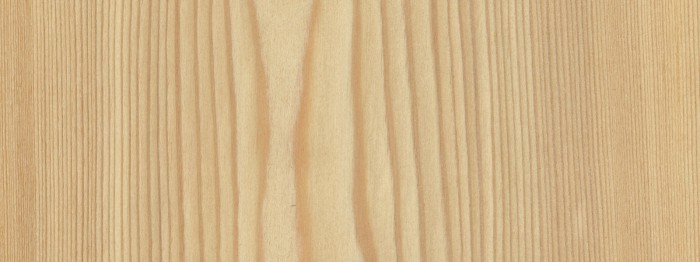
Larch wood
Larch
The larch has the speciality feature of losing its needles in winter. It’s also conditioned by an exceptional climate giving it a slow growth. It is a species mainly found in the mountains of the Alps and in central Europe. Its white-yellow sapwood is thin and has a brown-pink duramen with brown red veins, varies by species. Rot proof, durable and aesthetically pleasing, larch is particularly popular for carpentry and joinery.
Physical and durability properties of natural wood (besides sapwood)
- Density: 600 kg/m3 (medium heavy wood)
- Young modulus: 12,500 MPa (rigid wood)
- Monnin hardness: 2.7 (softwood)
- Stability: Average
- Fungal durability and employment class: Class 3a lifespan between 50 and 100 years/class 3b lifespan between 10 and 50 years/class 4 lifespan < 10 years
Uses of the Larch species
- Structure (framing, covering, understructure)
- Siding/Cladding
- Exterior layout
- Carpentry
- Interior layout
Special features of Larch wood
Rather slow drying, without major problems
Normal machining, gluing can be complicated by the resin, can crack from nailing
Can be finished
Origin France